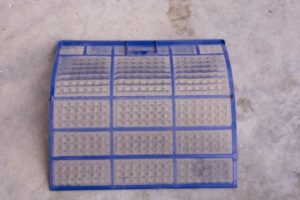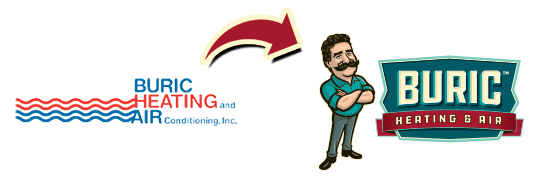
How often do you think about the air quality in your home? What measures and precautions do you take to ensure that the air you breathe indoors is relatively free of toxins and impurities? You may have given it some initial consideration and, at certain times of the year, made efforts to minimize the build-up of dust.
You may have even purchased a HEPA air purifier for your home. While this is all well and good, are you aware that there is more you can do to make your air as clean and contaminant-free as possible? Let's look at some tips that you may have overlooked.
Non-Toxic Products
 Around 2001, there came the emergence of green-focused cleaning products. It was this year that brands like Method got their start and had become a household name since.
Around 2001, there came the emergence of green-focused cleaning products. It was this year that brands like Method got their start and had become a household name since.
Green cleaning products clean your home naturally and without leaving chemical residues that can be harmful to your family and pets.
These products are made using sustainable manufacturing practices that come from using all natural ingredients. The result is a cleaning product that is non-toxic and biodegradable.
Plants That Filter Air
 Did you know that one of the best ways to keep the air in your home free of toxins is to have plants?
Did you know that one of the best ways to keep the air in your home free of toxins is to have plants?
According to NASA research, the yellow mum is an air-purifying hero. They remove things from the air like ammonia, benzene, formaldehyde, and xylene.
Probably things that you never realized were there in the first place. The spider plant is a good one. It needs very little attention so if you don't have a green thumb; you ought to come out ok.
Fresh Air Can't Hurt
 You just can't beat some fresh air. Like the kind, you get when you open a few windows in your home to air it out. This is a good idea even in the dead of winter.
You just can't beat some fresh air. Like the kind, you get when you open a few windows in your home to air it out. This is a good idea even in the dead of winter.
Not that you are trying to heat up the whole neighborhood, but you can probably get away with 20 minutes or so.
Letting in some fresh air can significantly reduce the lingering toxins and other impurities that have been building up.
Change Your HVAC’s Air Filter
 Your HVAC system is working to keep your air clean as well. As air is taken into the system, a filter catches much of the solid particles that would otherwise be spread throughout your home via the ducts.
Your HVAC system is working to keep your air clean as well. As air is taken into the system, a filter catches much of the solid particles that would otherwise be spread throughout your home via the ducts.
As the filter becomes saturated with debris, your furnace would need to work harder to push air through the filter, and thus it would cost more to heat or cool your home.
Changing your filter as it needs it just requires checking it from time to time. You'll know how often to check by a few filter replacements.




